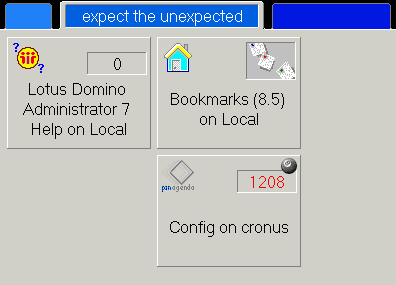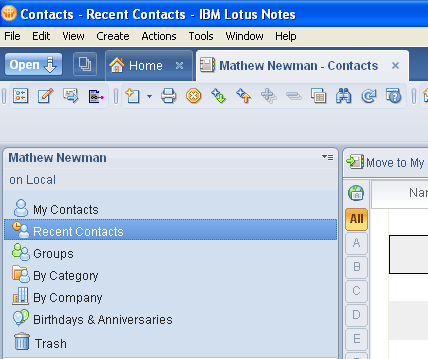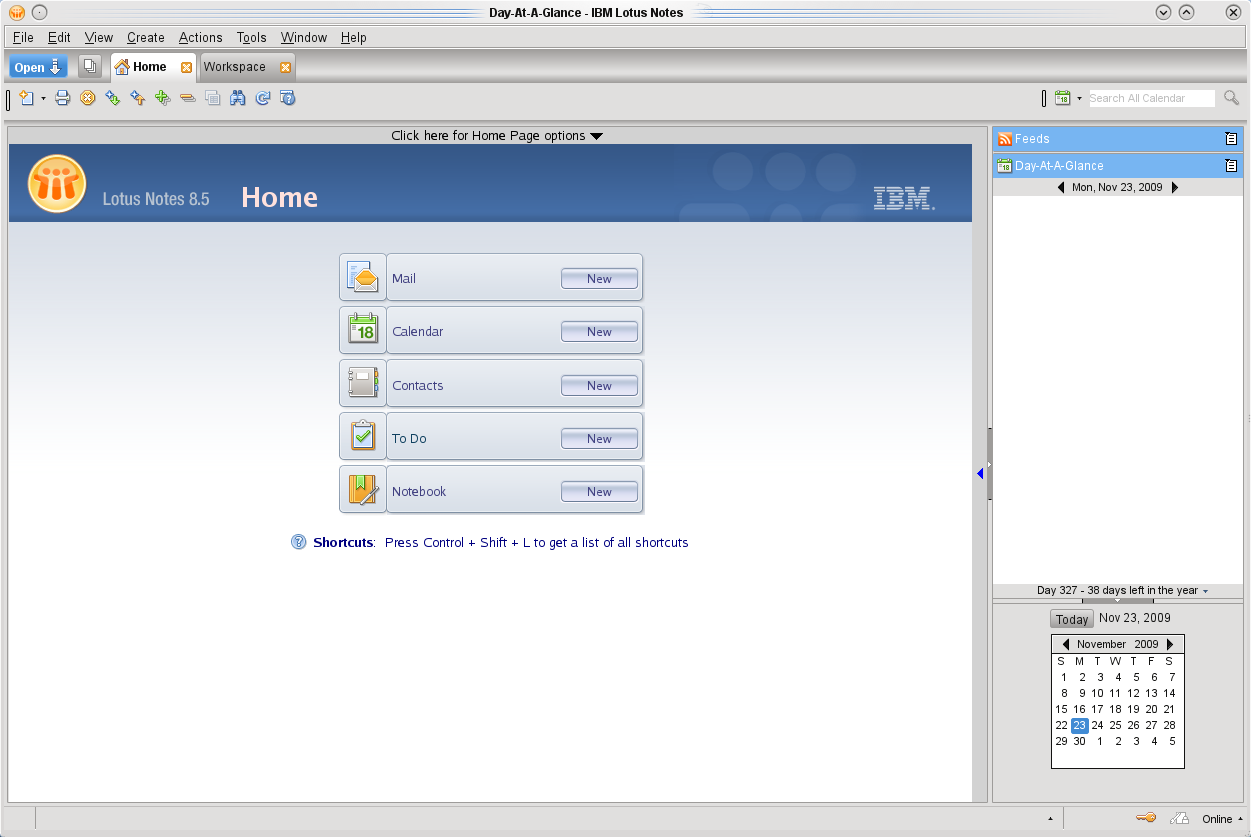
(Note: it will prompt for the Notes password. enter these commands one at a time in this order: Launch a cmd prompt and change the path to the Notes program directoryģ. (If you have an earlier version, you have bigger problems and should be upgrading to the latest version, currently that is 10.0.1 FP3)Ģ. Edit the notes.ini and make sure it has the following line based on the version of Notes installed: There is a similar issue reported in this technote:ġ. That misguided my troubleshooting into thinking it was an issue with Eclipse or Java. Also, Notes would launch in basic mode or if you right click and select Run As Administrator. The error persisted even after uninstalling and re-installing Notes - the first indication it might not be a problem with the software. In this particular case Notes gave this error and would not launch after running the installer to upgrade from 9.0.1 FP10 to 9.0.1 FP10 SHF315. You may encounter this error after a variety of events. Then start by doing traditional maintenance on the local databases, especially names.nsf If you’d like to see the log in script, I’ll post it.CWPA4003W: Failed to load application from url: nrpc:/….nsfname=… If you are building all terminal servers from single clone feel free to miss this step. Also use startup scripts to copy workspace from server C drive to users workspace to aid log in time.If upgrading version or adding fixpack, you have to do most of these steps again.Remove the “ singleJVM” line from xshareclasses

=C:/temp/xpdplat (manually make this folder structure on C drive after adding this line)

Change desktop shortcut to point to a different data folder for Notes.ini, for example P:\notesr85\data\notes.ini (add this line to the end of “target” so it says C:\program files (x86)\ibm\notes\notes.exe “P:\notesr85\data\notes.ini” – MAKE SURE THIS IS IN QUOTES).Install as per usual, single user NOT multi-user – disable everything except Standard Notes client.It’s a little rough but I wrote it a while ago – if anyones interested I can do it again?

This assumes everyone has a home drive, in this case the P: drive which has their Lotus folder: I thought I’d share this with you as it’s something that I’ve spent a lot of time on trying to get working and also researching.


 0 kommentar(er)
0 kommentar(er)
